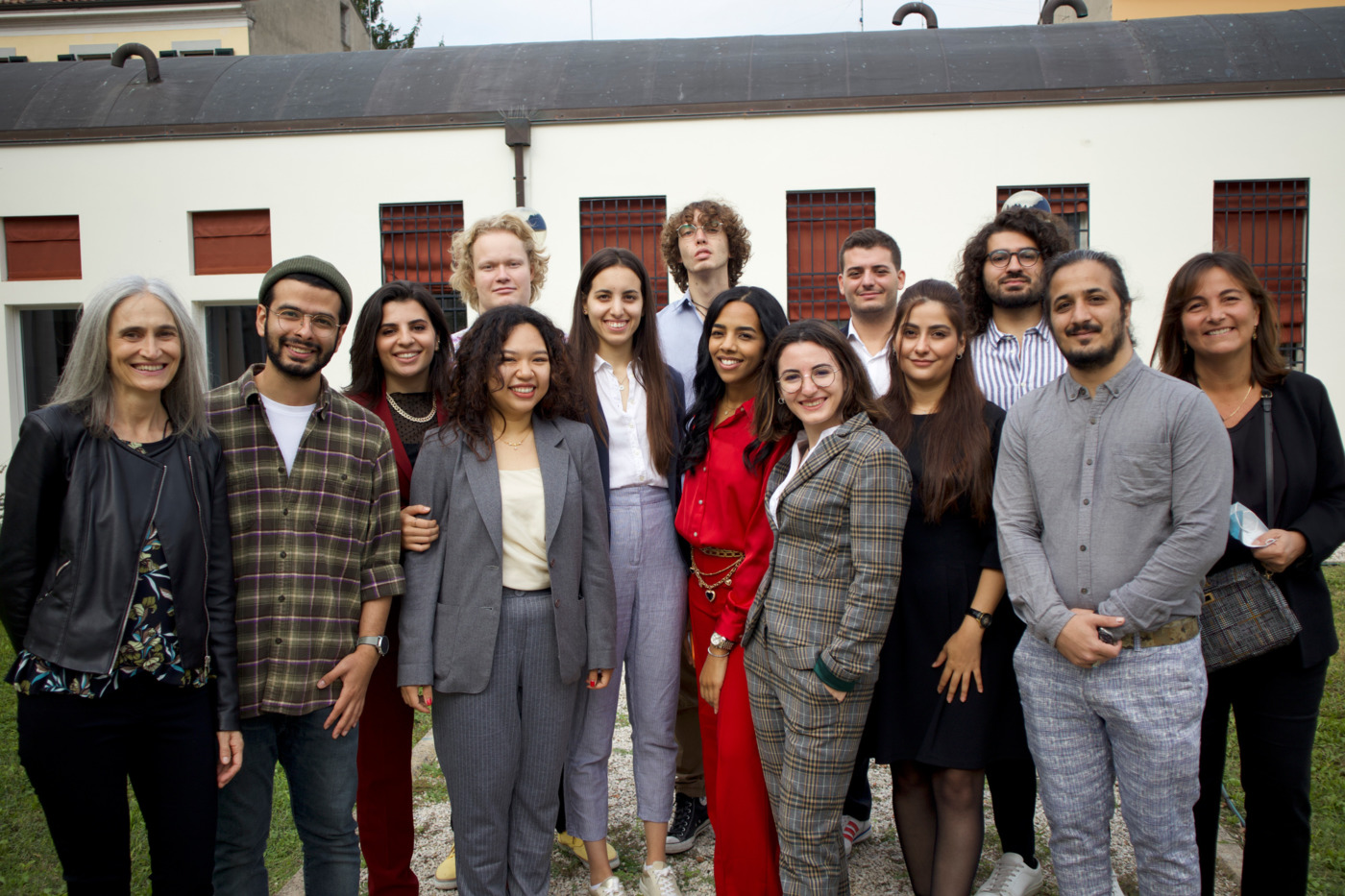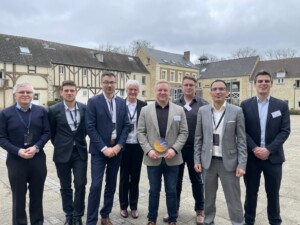The first European VET course on the circular economy equips with skills for the future
Circular economy challenges require a well-trained workforce with high analytical, creative and technical skills, appropriately integrated into the European qualification frameworks and system. The IFTS Circular Society project developed a JECE (Junior Expert in Circular Economy) course that successfully equipped the participants with the necessary tools and skills to foster sustainable development and the transition to a circular economy. Junior experts in the circular economy can now apply the principles of the circular economy to a wide variety of processes, products, and services.
The IFTS Circular Society project was developed by ART-ER, Centoform, myclimate, the University of Oulu and TalTech. The course was designed, delivered and certified as a one-year post-secondary non-tertiary education pilot course that can be transferred at the European level and adopted by the EIT RawMaterials Academy as a general framework for future Vocational Education and Training (VET) courses. The course programme has been co-designed with 18 companies and Universities across Europe and adopted an innovative pedagogical approach based on close links between business and academia and the Dual System (work-based training and experiential learning). Competencies are validated by the European Qualification Framework.
Creating new career opportunities in the circular economy
The JECE course introduced a new professional profile enabling the circular economy. Its strong point is that the course was built in such a way that people without a background in sustainability would learn a lot, but also those who already had a background on this could deepen their knowledge thanks to a practice-based approach. The course equipped the participants with the necessary tools and skills needed to foster sustainable development and the transition to a circular economy. Junior experts in the circular economy can now apply the principles of the circular economy to a wide variety of processes, products, and services.
JECE is a one-year higher technical education and training course (European Qualification Framework level IV) aimed at obtaining a novel qualification, organised thanks to an international partnership of educational institutions from Italy, Finland, Estonia and Switzerland and the support of EIT RawMaterials. The Emilia-Romagna region funds the 2022 edition of the course, showing the success of the pilot course.
The pilot course achievement:
- 18 companies and universities from across Europe contributed to the programme
- 66 applications received for 20 available places
- 800 hours of blended training, online and live, including 320 hours of internship
- Two new jobs
- 17 certified Junior Experts in Circular Economy (40% female/60% male)
- 84 participants to the opening event, of which (52% female/48% male)
-
55 participants to the closure event, of which (55% female/45% male)
The IFTS Circular Society project was a valuable experience and helped two female participants find a job placement. The course generated awareness of sustainability and circularity amongst young generations in Europe as the basis for the society of the future. Additionally, the newly qualified JECE experts, where 40% of graduates are female, will increase the recovery of residues and by-products and contribute to new ‘circular by design’ products.
Thanks to the course, my possibilities in the job market changed. The course allowed me to acquire additional knowledge that is also incredibly useful nowadays. The internship was also helpful and provided me with more work experience. This course was structured so that people like me, who did not know anything about the main topic, could learn starting from the basics, but also in a way that people who already knew the subject could deepen their knowledge.
Sara La Becca, JECE course participant, age 19, Italy
In broader terms, the course increased Europe’s competitiveness by creating new jobs on pressing raw materials challenges supporting the radical shift from linear to circular thinking. The VET course provided actionable knowledge on the UN SDGs. The trained students will, in turn, contribute to driving innovation across value chains and creating societal and economic impact for Europe.
EIT RawMaterials has been essential for the project development and its success. EIT RawMaterials supported its financial sustainability as well as brought its network’s value, which allowed the project to build a successful and motivated partnership. The EIT model was strongly embedded in the project from its design phase since the course programme was entirely developed by cooperating directly with education providers, researchers and companies.
During the course, I discovered all the aspects of the circular economy, how it could be applied depending on the area if the area concerns biological or technical materials.
Elena Labenets, JECE course participant, age 30, Switzerland
An important legacy of the project is that the Emilia-Romagna Region fully finances the 2022 edition. The project doesn’t stop here and intends to work on transferring the course to EIT RIS countries.




